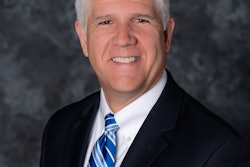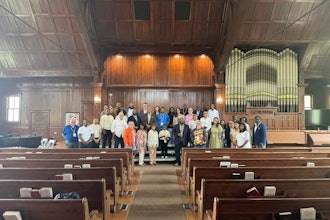The Faculty and Staff Federation of Community College of Philadelphia AFT Local 206 has announced the union intends to go on strike.
“We held the vote tonight and better than 90 percent of our union that represents 1,200 faculty and staff voted to strike,” union co-President Junior Brainard said Wednesday night. “We don’t have a specific date for when we will walk out, but if we don’t see any progress in the coming days we will be on strike.”
Following this news, the Community College of Philadelphia (CCP) administration said in a statement that it is disappointed the federation has made this decision so close to the end of the academic year.
“We fail to see any reasonable basis for a strike and are disappointed in the union’s decision,” the CCP administration said.
A strike would freeze courses for the community college’s 27,800 students, and has the potential of delaying the 2019 spring graduation ceremony, according to The Philadelphia Tribune.
CCP faculty and administration have been discussing a new contract for the past several years, mainly focusing on faculty workload and salaries. A majority of the community college’ faculty currently teach four courses a semester. The administration now wants all of its faculty to teach five courses each per semester.
In exchange for the added course to a faculty’s workload, CCP administrators have offered to provide them with a $9,000 salary increase to any long-serving faculty member who agrees to add a class to their list of course offerings.
The union has petitioned that each faculty member be allowed to choose teaching five courses over three years for extra money, Brainard said.
“We are looking for a reasonable workload to allow full-time faculty to meet the needs of the students and to not create a structure that will place a higher workload on faculty than any other community college in the surrounding area,” Brainard said. “And, quite frankly, we are looking for job security.”
In addition, the union has asked for a higher salary than the administration is willing to provide its faculty with.
We are looking for salaries to lift lowest paid workers out of poverty,” Brainard said. “We have full-time staff that have worked here for 20 years and still qualify for food stamps. We’re looking for our raises to not be taken away by health cares costs.”









